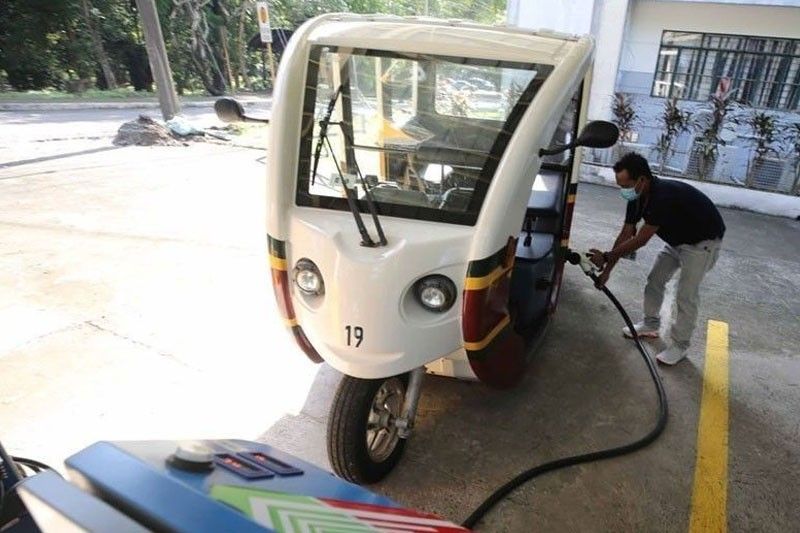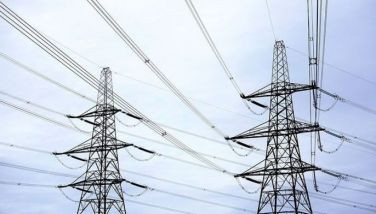Philippines urged to scale up emissions reduction targets

MANILA, Philippines — The Philippines’ nationally determined commitment (NDC) or emissions reduction targets are currently viewed as modest, highlighting the need for further action in the areas of electric vehicles and nature conservation, based on a recent report on Southeast Asia’s progress towards decarbonization.
Governments across Southeast Asia have not taken sufficient action to meet their NDC targets by 2030, according to the “Southeast Asia’s Green Economy 2023 Report: Cracking the Code.”
The report, prepared by Bain & Company, Temasek, GenZero, and Amazon Web Services, highlights the need for increased efforts to align with the NDC targets in the region.
It said the Philippines has made initial progress across carbon tax and permitting process, but overall level of climate ambition is low and lacks sectoral details.
Among the challenges it indicated for the country are its insufficient electric vehicle charging infrastructure, and lack of national sector roadmap, and of regulations on voluntary carbon credit guidelines and compliance carbon markets.
Moreover, the report identified a lack of sufficient technology investment in the Philippines in comparison to other Southeast Asian nations. Additionally, it highlighted the country’s inadequate enforcement and monitoring of forest laws.
According to the report, the Philippines has witnessed significant investments in renewable energy over the years, supported by various funding sources. The report also highlighted the potential for further investment in mobility and fuel substitution in the country.
The Philippines’ abundance of natural resources positions it as a favorable location for renewable energy projects. Additionally, the country’s policy allowing 100 percent foreign ownership of renewable energy infrastructure presents further opportunities for growth.
The report likewise found the country having sufficient and flexible grid network and a one-stop solution for renewable permitting under development.
“Achieving our net zero goals will also require an acceleration of the energy transition, and technological developments will be key to unlocking scalable climate impact. This is especially true in Southeast Asia, where dramatic improvements in access and affordability for renewable energy sources like solar and wind have enabled them to grow at an unprecedented rate,” said Steve Howard, vice chairman for sustainability at Temasek.
“We are seeing countries like Vietnam and the Philippines lead the way in deploying renewable energy and transforming their power generation systems in parallel,” he said.
The report said that Southeast Asia needs to reduce greenhouse gases emissions by 33 percent to meet NDCs targets by 2030.
The Philippines, has committed to about three percent unconditional emission reduction versus business as usual by 2030.
While Southeast Asia corporates signing on to Science Based Targets (SBTi) commitments quadrupled to 109 in 2022, the number of firms signing SBTi in the Philippines remains at two, according to the report.
Further, it said that while green investment commitments increased, actual green capital deployed in the region has decreased from $5.6 billion to $5.2 billion in 2022.
Philippines’ green investments, for its part, have declined to $900 million in 2022 versus $2.8 billion the previous year.
Overall, the report said the region faces a unique set of challenges, making decarbonization particularly difficult.
Collectively, it said Southeast Asia’s largest challenges are high dependency on fossil fuels and reliance on international funding.
“Adapting economies to change in the face of an emerging middle class that is driving energy demand, while simultaneously reducing carbon emissions, is an enormous task for governments and leaders in the region,” the report said.
“Southeast Asia will need to double down on its decarbonization efforts to achieve the dual purpose of economic growth and decarbonization,” it said.
- Latest
- Trending
































